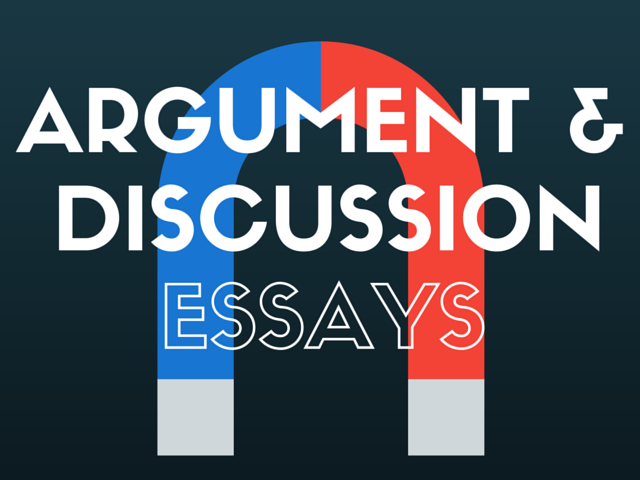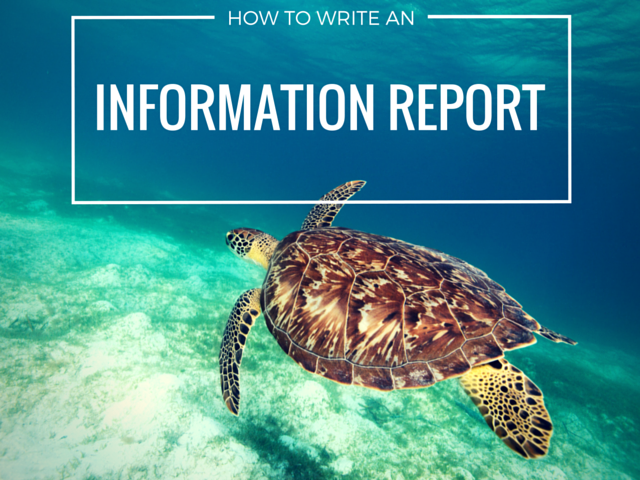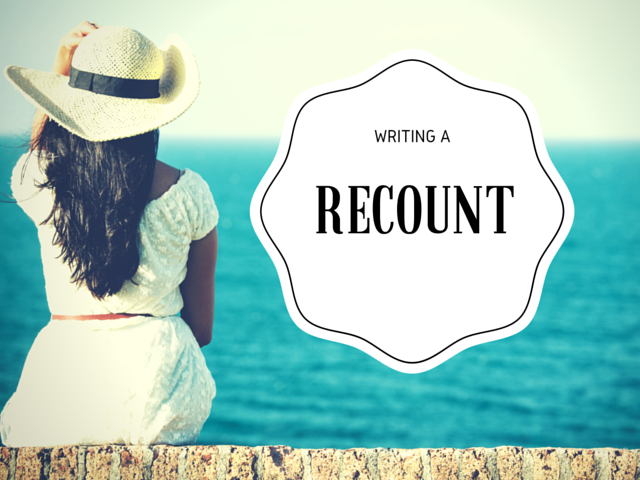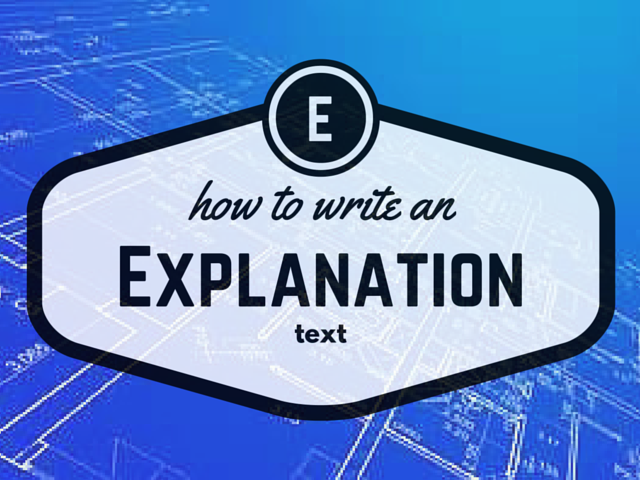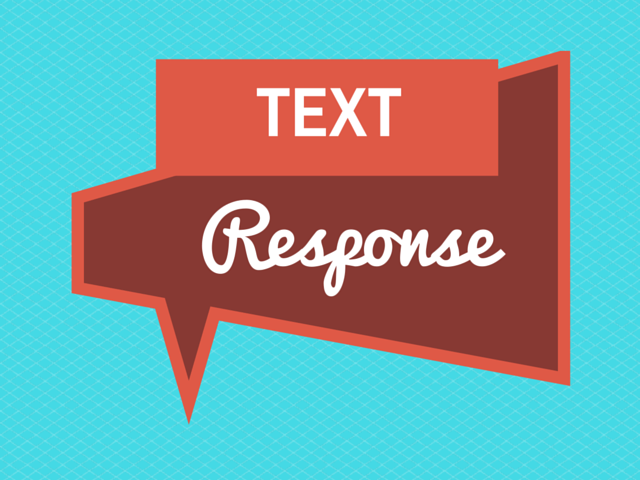10 Common grammatical errors that drive teachers nuts.
/ Hey, I'll be the first to admit that everyone makes the odd grammatical error every once inow and then. But there is an ever growing incidence of students are making unforgivable mistakes with their grammar because it is almost common place.
Hey, I'll be the first to admit that everyone makes the odd grammatical error every once inow and then. But there is an ever growing incidence of students are making unforgivable mistakes with their grammar because it is almost common place.
These mistakes might get overlooked in junior high or elementary school, but as students start going for jobs and or university places these common grammatical errors can be near fatal in some employers and educators eyes.
So... Here are ten of the most common grammatical errors that every teacher should aim to drive out their students before the end of the year.
Let us know if you have any others.
"Alot"
Despite not being an actual word, "alot" certainly sees a staggering amount of usage both on the Internet and in the classroom. More of a spelling error forcing "a" and "lot" into an unholy portmanteau than a grammar offense, it nevertheless elicits more than a few eyetwitches.
Your vs. You’re
This one drives me insane, and it’s become extremely common among bloggers. All it takes to avoid this error is to take a second and think about what you’re trying to say.
“Your” is a possessive pronoun, as in “your car” or “your blog.” “You’re” is a contraction for “you are,” as in “you’re screwing up your writing by using your when you really mean you are.”
There vs. Their
This one seems to trip up everyone occasionally, often as a pure typo. Make sure to watch for it when you proofread.
“There” is used many ways, including as a reference to a place (“let’s go there”) or as a pronoun (“there is no hope”). “Their” is a plural possessive pronoun, as in “their bags” or “their opinions.” Always do the “that’s ours!” test—are you talking about more than one person and something that they possess? If so, “their” will get you there.
Tense disagreement
Before turning in that term paper, do make sure that every verb tense agrees with one another. Otherwise, one ends up creating an exceptionally awkward reading experience.
In my personal opinion:
If it's your opinion, it's personal. The qualifier "personal" is redundant. This one is so often used, though, that it can be hard to avoid.
Affect or Effect:
It's not entirely surprising that these are mixed up often, given their similar spellings and meanings. Affect is a verb, and effect is a noun. You can affect something, which might have an effect.
"Ain’t"
Some enjoy touting, "ain’t ain’t a word," but its cozy little spot in Merriam-Webster would beg to disagree. Although this doesn’t mean it inherently works in a formal writing piece. Save it for something more casual — or fiction.
Punctuation outside quotation marks
When writing dialogue or embedding a quote, remember that any appropriate punctuation belongs inside the quotation marks.
Loose/lose
"Loose" happens when something isn’t tight, whereas "lose" provides verbage for the phenomenon of a noun managing to either disappear or seem like it did.





